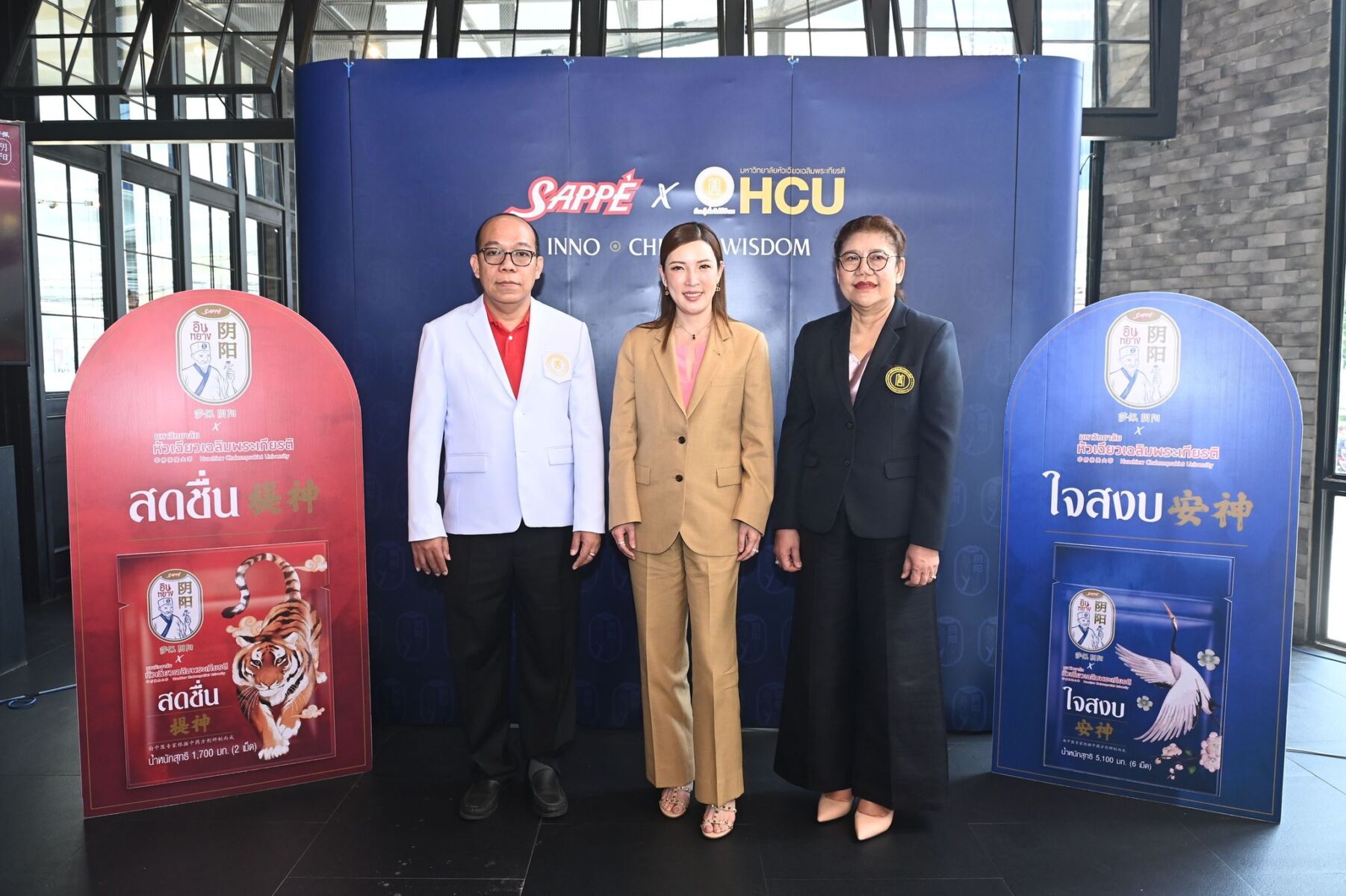Sappe Plc invests 1 billion baht in warehouse automation amidst wage hike

Sappe Plc, a leading beverage manufacturer, unveiled plans to construct an automated warehouse, establish a new production line, and implement a cost reduction scheme in response to the government’s commitment to increase the daily minimum wage.
Piyajit Ruckariyapong, the company’s CEO, disclosed that the project is expected to cost around 1 billion baht between 2023 and 2024.
Out of the total expenditure, 300 million baht will be allocated for constructing a new automated warehouse in Pathum Thani province, with operations anticipated to commence by the end of this year. The remaining budget will be directed towards setting up a new production line, supporting a cost reduction scheme, and installing new machines in 2023 to facilitate future growth. Piyajit said…
“We don’t have a policy to reduce our workforce because we keep on investing to drive our sales to reach 10 billion baht by 2026. We have already begun outsourcing certain products to original equipment manufacturers.
“Fortunately, our business has not been significantly affected by the delay in forming a government, as 85% of our revenue is derived from international markets. While we do have a cannabidiol [CBD] beverage in our portfolio, its sales contribution remains below 1%. We are closely monitoring the policies surrounding this product category before making further decisions.”
The company plans to continue partnering with other organisations to develop innovative products and establish its new S-curve products. Yesterday, Sappe announced a collaboration with Huachiew Chalermprakiet University to launch two new Chinese herb-based dietary supplements under the “Sappe Inyang X Hua Chiew” brand. These supplements cater to the “silver age” group and address the needs of individuals who work late nights, have little rest, and struggle with sleep.
Piyajit explained that the dietary supplement products were developed in response to the growing global demand for such products and vitamins due to the pandemic, which has led people to prioritise their health. Additionally, Thailand’s shift towards an ageing society has resulted in consumers focusing more on their immune systems. The increasing worldwide demand for natural ingredients and herbal-based products has driven the use of herbs in various forms, including food, beverages, medicines, and dietary supplements.
Initially introduced online this month, the Sappe Inyang X Hua Chiew products will be extended to offline channels next month. Given the broad acceptance of Chinese medicine in many countries, the company aims to export these new dietary supplements internationally.
According to Piyajit, the Sappe Inyang X Hua Chiew brand will play a crucial role in driving sales of Sappe’s supplement product portfolio to reach 500 million baht in five years, or 5% of total revenue.
Weerachai Suthithanthawat, a lecturer at Huachiew Chalermprakiet University’s Faculty of Traditional Chinese Medicine, said the collaboration allows the university to hold a licence for the herbs used in the formulas, while Sappe owns the patent for the product formulations, reported Bangkok Post.
Latest Thailand News
Follow The Thaiger on Google News:


























